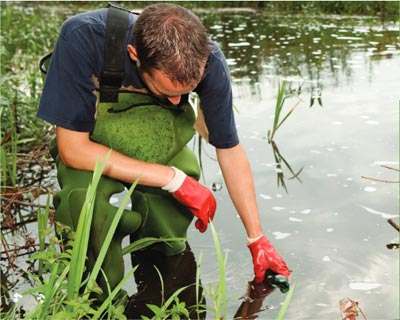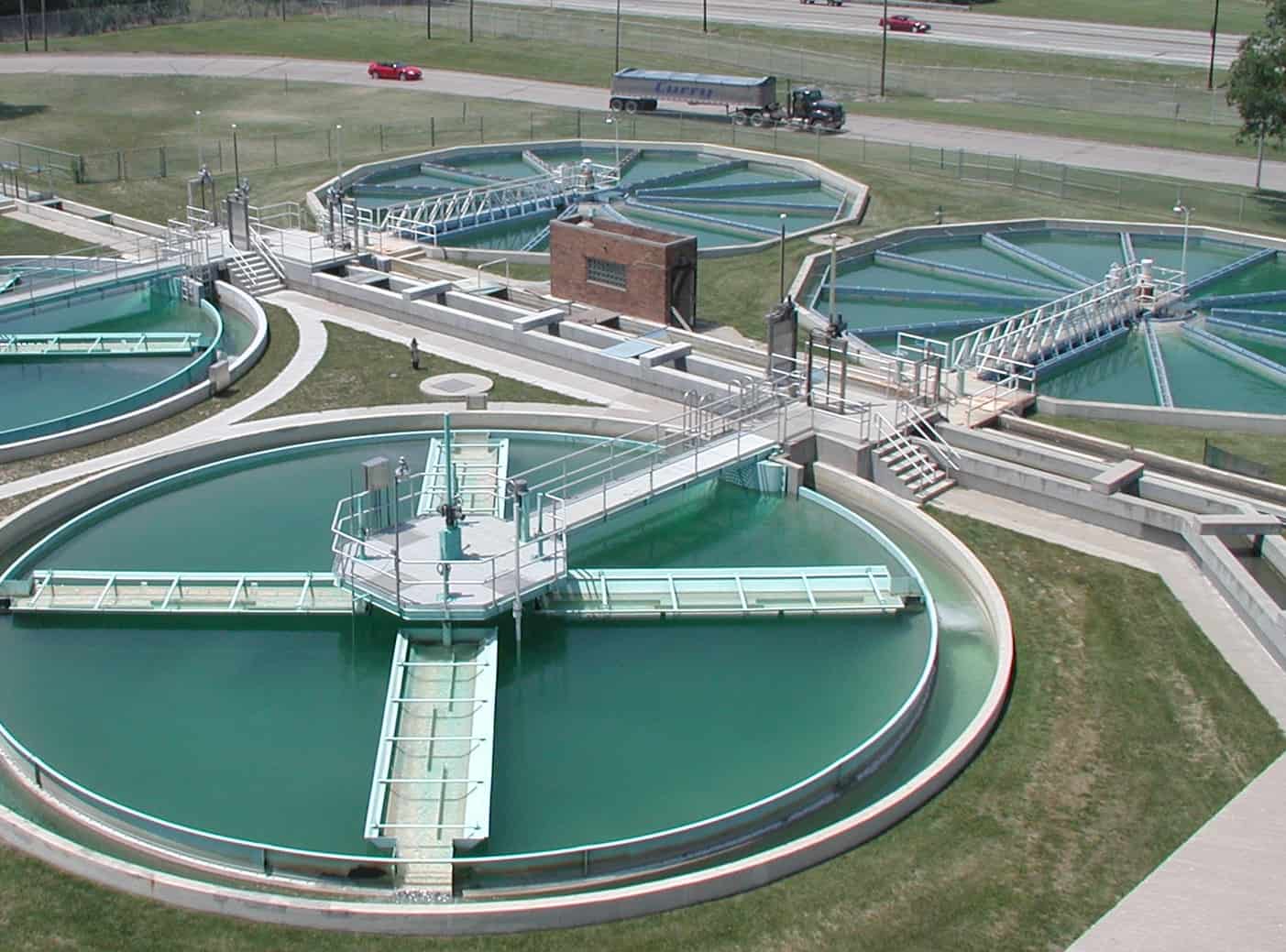Environmental engineering (in English BA/BSc) - Institute of Environmental Sciences
Environmental engineering (in English BA/BSc)
Environmental engineering (in English BA/BSc)
Last modified: 30. January 2024
The objective of the training is to educate environmental engineers who possess modern, applied knowledge in natural sciences, ecology, technology, economics, and management. They are capable of identifying environmental hazards in various fields and, with professional experience, can economically and efficiently manage preventive and remedial activities. With their professional knowledge, they are suitable for participating in the prevention, reduction, and elimination of environmental harms and damages, striving for the rational use of natural resources, and operating waste-reducing and energy-efficient technologies. They are prepared to continue their studies in master's programs.


The environmental engineer
- Familiar with the general and specific mathematical, natural, and social science principles, rules, and relationships necessary for practicing in the environmental protection field.
- Proficient in using professional databases and, depending on specialization, certain planning, modeling, and simulation software, with a foundation in modern information technology.
- Knowledgeable about learning, knowledge acquisition, data collection methods in the environmental protection field, their ethical limits, and problems solving techniques.
- Comprehensive understanding of the fundamental characteristics, interrelations of environmental elements and systems, and pollutants affecting them.
- Understanding concepts such as environmental and environmental economics, project and environmental management tools in the field of environmental protection.
- Knowledgeable about major technologies for environmental protection, related equipment, structures, and their operation and maintenance.
- Knowledgeable about quantitative and qualitative methods for examining the characteristics of environmental elements and systems, their typical measuring equipment, limitations, and methods for evaluating measured data.
- Familiar with the basics of energy management, possibilities of energy production, its advantages and disadvantages, the concept of sustainable development, and implementation options.
- Understanding methodologies and legal regulations for conducting environmental impact assessments and preparing impact studies.
- Familiar with occupational safety, fire protection, security technology, and methods related to environmental protection, and methods for disaster response, in connection with the environmental protection field.
Characteristics of the Bachelor's Degree Program
Disciplines and areas of expertise leading to the professional qualification from which the program is built:
Taking into account optional specializations
- Natural science knowledge (at least 12 credits in mathematics, at least 12 credits in chemistry, at least 6 credits in biology and ecology, at least 6 credits in physics) 40-60 credits;
- Economic and human knowledge 10-30 credits;
- Technical engineering knowledge 20-50 credits;
- Protection of environmental elements 30-70 credits;
- Environmental analysis, environmental informatics 10-30 credits;
- Environmental management 10-30 credits.
Taking into account optional specializations
- Project management, business economics, decision support tools,
- Alternative environmentally friendly technologies,
- Environmental management, environmental economics, environmental management,
- Solving conservation tasks,
- Participation in environmental expert, advisory, decision preparation work,
- Administrative, municipal environmental (municipal-environmental) authority, supervisory, expert activities,
- Quality assurance, information technology, law, economics fields related to environmental protection can be obtained as specialized knowledge.
The specialization recommended by the educational institution within the entire program is at least 40 credits.

Duration of the program:7 semesters
Form of education: full-time - state-funded, full-time - self-financed, correspondence - self-financed Language of instruction: Hungarian, English
Optional specializations: Waste Management, Soil Resource Protection, Air Quality
Protection Professional practice: 6 weeks
Graduation requirements: certificate of course completion, successful state exam, defended thesis
Admission procedure: Felvi.hu
Admission procedure: Felvi.hu

